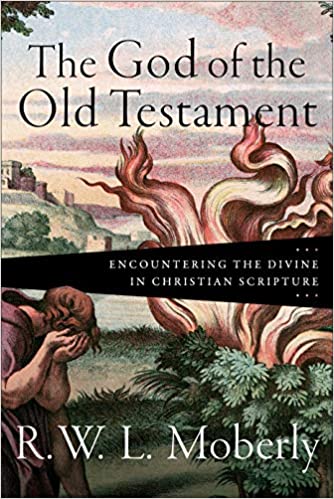Q. You go on to look at the LXX rendering of Exod. 3.14 which, as you say is more an interpretation of the assumed meaning of the Hebrew rather than a more literal translation. And this produces a dilemma. I once had a Greek Orthodox monk as a student at Ashland Seminary and we were discussing Isaiah 7.14 both in the Hebrew and in the Greek. He was insisting that no matter what the Hebrew meant, for the Christian the Greek translation is the meaning of the verse, and that’s why Matthew quotes it as he does. He could also have insinuated that the Masoretes messed with the Hebrew text so the Greek is more authoritative. This leads to the question— is there a rendering of Exodus 3.14 somewhere in the Qumran scrolls which I don’t know of? And secondly, do you think that the use of the LXX in the NT means that the NT writers assumed that a translation of the Hebrew was just as much God’s Word and intent as the original text itself? On the one hand, this might reassure folk who are not privy to the original languages that the translation is really God’s Word and not just an imperfect translation of God’s Word, but on the other hand, this raises the question about a Christian studying the Hebrew text and the value in doing so. How would you respond to these issues?
A. Re Qumran – I don’t know. There is nothing there directly relevant, to the best of my (limited) knowledge.
On the bigger issue of Hebrew (MT) and Greek (LXX) texts of the OT, I would say that both have been received within the life of the Church as authoritative and theologically fruitful. The example I tend to use in my teaching is Isaiah 6:9-10 in the NT, where most citations appear to follow the Hebrew, but Matthew 13:13,15 clearly follows the Greek – so that Jesus speaks in parables not to promote incomprehension (the apparent sense of the Hebrew) but rather because the people are already uncomprehending (as in the Greek). If the NT uses both the Hebrew and the Greek as authoritative, that gives me a model to follow.
The whole issue was nicely raised in the ancient correspondence between Jerome and Augustine. Jerome had the scholar’s instinct to go back to the original (the Hebrew), while Augustine had the instincts of a thinker and pastor who wanted to take seriously that the fruitfulness of the Greek for Christian thought and worship meant that it should not lightly be discarded. So I’m something of a pragmatist. I work with the MT as my primary text (so Jerome), and am happy to privilege it, as in my reading of Gen. 4:7 in the Cain and Abel story. But I want also to be open to the Greek as part of the living tradition of the church’s reception of the OT (so Augustine).













